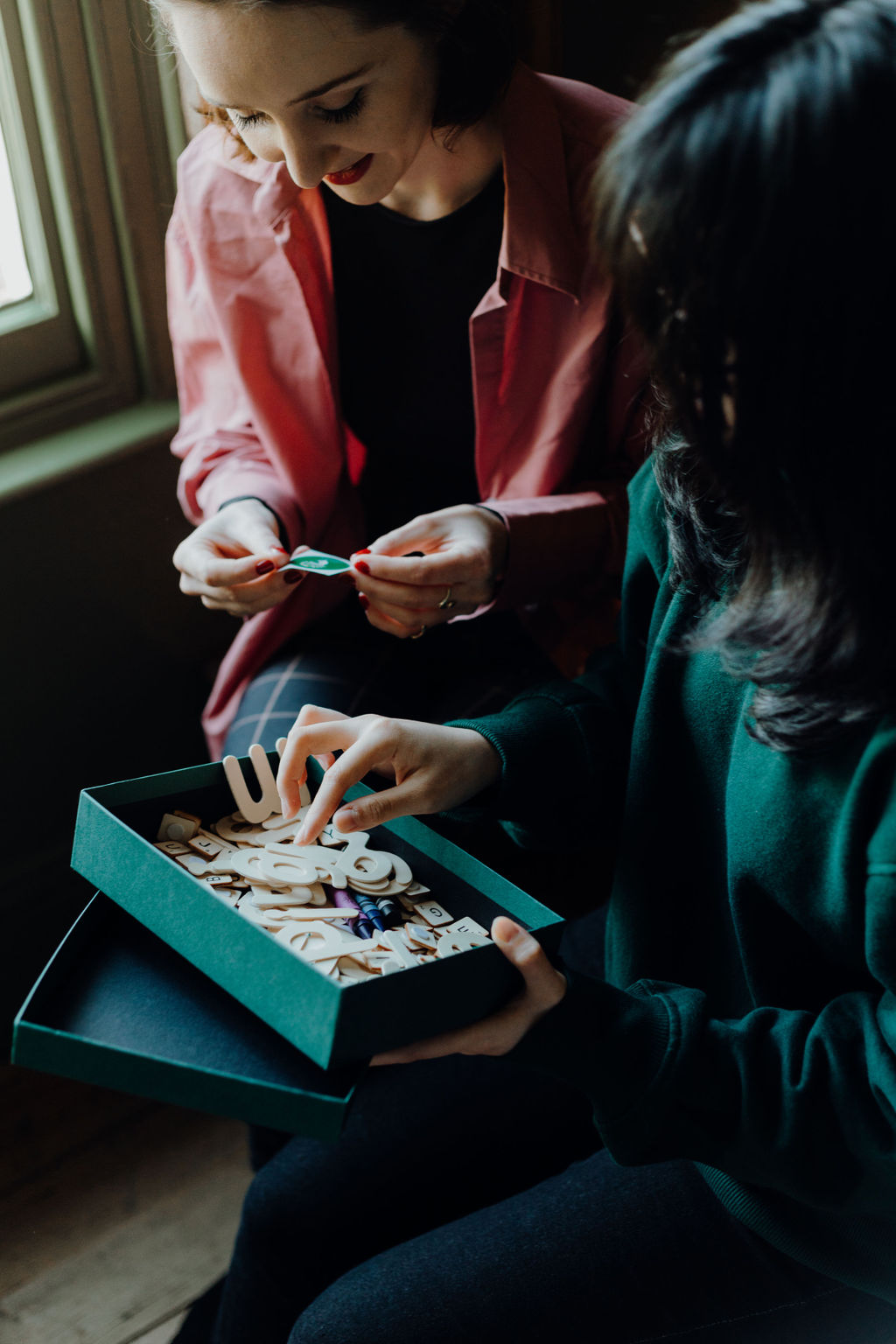Six Simple Ideas to Enrich your Teens’ Intelligence and Prepare Them for the 21st Century.
Six Simple Ideas to Enrich your Teens’ Intelligence and Prepare Them for the 21st Century.
By Olivia at OLEA Education

Modern education isn’t equipping students with the skills they will need to thrive in the 21st century. With Gen Z (those born between 1997 and 2012) more concerned about getting good grades as opposed to drinking or unplanned pregnancies (according to the Economist), an unfortunate combination of a pandemic, excessive screen time and excessive competition is stunting intellectual development. The following ideas seek to enrich your teens’ intelligence, and can be implemented without much effort from parents. They are incremental changes that will encourage teens to feel more confident in themselves as well as curious about the world around them. I would suggest selecting at least one that you could do today, and another to do next week so as to stimulate a positive habit. Let’s dive in!
- Intellectual Dinner Chats.
Engaging the entire family in an intellectual discussion can be a riveting experience, if done correctly. It is important to actively listen to what each member of the family has to say, whether they are 5 or 95 years of age. There is never going to be a “correct” answer to these questions, and some are more bonkers than others, but regardless, I can guarantee that they will lead to a more than interesting family dinner.
By ‘intellectual’, I don’t mean “let’s all debunk Einstein’s theorem”. I mean questions that require creative, critical and curious insight. Questions such as 1) What colour is happiness? 2) What country would you like to explore and why? 3) What shape is the sky? 4) Tell us about the last time you thought to yourself “Wow, what was that?” 5) If the family pet could speak, what would it say to us all right now?
2. Encourage Reading Beyond the Curriculum.
At the age of 16, I picked up Economics. I adored the subject, and found that I was finally learning something that would be of tangible use for when I entered the real world. Noticing this, my teacher encouraged me to subscribe to the Economist, which at the time had a brilliant offer of 12 magazines over 12 months for just 12 GBP. Nevertheless, it took me a while to enjoy the articles; initially, the economic jargon prevented me from grabbing the full body of a story and I felt frustrated. Each month, my copy of the Economist reassembled a child’s colouring book. I highlighted words I didn’t recognise and made notes in the margin that related to subjects we were covering at school.
Little by little, things clicked into place and my interest in Economics broadened so far beyond the curriculum that my A Level grades jumped from a D to an A within 10 months. Encouraging your teen to read beyond the curriculum is a must. Just laying a magazine on their bed when they get home from school is enough.
3. Model Emotional Intelligence.
Something that concerns me as a private educator is the lack of awareness about emotional intelligence within the mainstream curriculum. I highly recommend familiarising yourself with Daniel Goleman’s research.“If your emotional abilities aren't in hand, if you don't have self-awareness, if you are not able to manage your distressing emotions, if you can't have empathy and have effective relationships, then no matter how smart you are, you are not going to get very far.”
Modelling to your teen how you effectively engage in (different) relationships can be an insightful experience for all involved. Invite them to your dinner party. Invite them to your work event where they can get a better understanding of what you do. Invite them to your coffee with an old friend. Teenagers ought to be treated as adults with their own valid opinions, and their own unique insights. This is where they flourish.

4. Mirror a Growth Mindset. Nothing is impossible.
Carol Dweck’s research into Growth Mindset is iconic. She found that those with a growth mindset thrive when presented with new challenges. They don’t recognise failure conventionally, but rather see it as a springboard for growth. I recommend watching Dweck’s TED Talk on Growth Mindset with your teen first, and then getting in touch with Olea Education to explore our Growth Mindset Module for teens.
Lifelong learning is an aspect of growth mindset, and of paramount importance as industries chop and change in response to accelerated technological advancement. Mirroring a growth mindset to your teen in the face of new challenges will help to alleviate the fear of failure, and help them realise their potential. Reinforcing statements such as “I can improve my skills with effort and practice” , “Failure makes you smarter” and “Effort is exercise for your brain” can go a long way.
5. Seek the Support of a Professional Mentor.
Olea is at the forefront of cutting edge mentorship, eliciting students’ holistic intelligence and preparing them for the challenges of the 21st century. Inspired by my postgraduate research at the University of Cambridge, our unique curriculum is stuffed with ideas including but not limited to the above, and is personalised to each and every individual, according to their academic and personal interests.
With a team of Oxbridgde-educated mentors (all of whom hold an enhanced DBS check, at least three years of experience and a postgraduate degree), we work collaboratively to ensure each Olea student is intellectually challenged. Thinking nerds in suits? That’s not us; we position ourselves between your teens’ teacher, elder sibling and wise old grandma. Don’t just take our word for it, browse through the testimonials on our website.
6. Lightly Nudge their Interests.
The majority of my students are from China, where education is valued above all else. As such, I have unfortunately witnessed a child’s initial interest for a hobby or academic subject be squished before it has even had time to fly. Parents are willing to go extreme lengths to ensure that their child has an edge, yet while it can be incredible to see such support, it can also be to the detriment of teenagers who simply want to mess around, explore and play.

If your teen has recently expressed an interest in something, it is important to ensure they have control over their learning, and that as a parent, you acknowledge your support in whatever their interests are. Afterall, psychologist Jean Coté once said, “Shortcutting the stage of relaxed, playful interest, discovery and development has dire consequences.”
Author: OLEA Education Ltd is an elite education establishment that enhances 21st century skills through OLEA’s Foundational Pillars of IQ, EQ, AQ, SQ and CQ. Founded by Olivia A. Halsall (MPhil, Cantab), students aged 8-11 start with our weekly Sunday workshops (OLEA’s Electi), before moving onto our teenage academic mentorship program (OLEA’s Oraculti) for ages 12-18. All our OLEA Mentors are educated from the Universities of Oxford and Cambridge, are specialists in their respective fields, and exhibit OLEA values of empathy, ambition and intercultural awareness.


